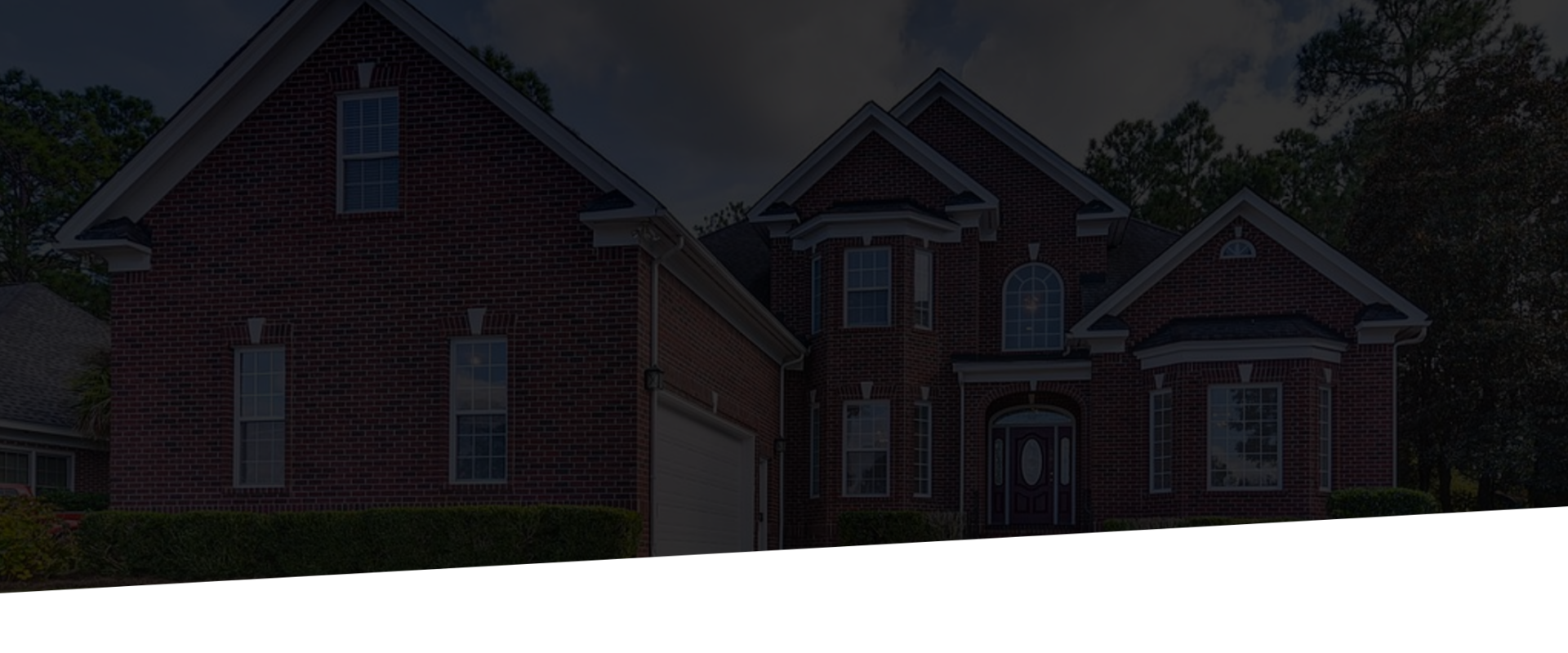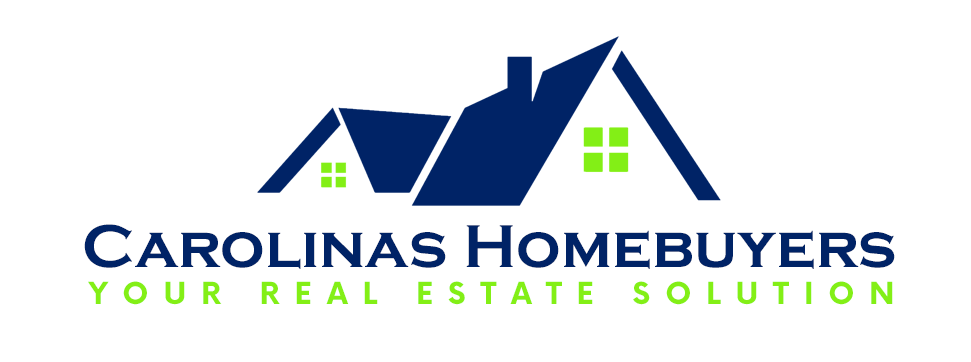
Buying a home is a significant milestone in many people’s lives, and for most, it’s not possible without a mortgage. South Carolina, known for its beautiful landscapes, charming towns, and rich history, is an attractive place to settle down. If you’re considering purchasing a home in the Palmetto State, you’ll need to understand the qualifications required to secure a mortgage. In this blog, we’ll explore the qualifications needed to obtain a mortgage in South Carolina.
- Credit Score: A good credit score is one of the most critical qualifications for securing a mortgage in South Carolina, as it is across the United States. Lenders use your credit score to assess your creditworthiness. A higher credit score often translates to better mortgage terms, including a lower interest rate. While specific requirements can vary among lenders, a credit score of at least 620 is typically considered the minimum for conventional mortgages. FHA loans, which are insured by the Federal Housing Administration, may accept credit scores as low as 500, but a higher score will improve your chances of approval and better terms.
- Income and Employment: Lenders in South Carolina will evaluate your income and employment history. They want to ensure that you have a stable source of income to make monthly mortgage payments. Typically, lenders prefer borrowers to have a steady job or source of income for at least two years. Self-employed individuals may need to provide additional documentation, such as tax returns and financial statements, to verify their income.
- Debt-to-Income Ratio (DTI): Your debt-to-income ratio is a crucial factor when it comes to mortgage qualifications. Lenders calculate this ratio by dividing your monthly debt payments by your gross monthly income. In South Carolina, a DTI ratio of 43% or lower is often considered the maximum for conventional mortgages. FHA loans may allow for slightly higher ratios, but a lower DTI will make it easier to qualify for a mortgage.
- Down Payment: While it’s possible to obtain a mortgage with a low down payment, having a substantial down payment can be an advantage. The standard down payment for conventional mortgages is 20% of the home’s purchase price, but some lenders offer options with as little as 3% down. FHA loans, on the other hand, require a minimum down payment of 3.5%. The size of your down payment can influence the mortgage rate, the type of mortgage you qualify for, and whether you need to pay for private mortgage insurance (PMI).
- Residency and Citizenship Status: To qualify for a mortgage in South Carolina, you typically need to be a U.S. citizen or a legal resident. Non-U.S. citizens with certain visa statuses may also be eligible for mortgage financing, but specific requirements can vary among lenders.
- Documentation and Financial History: Be prepared to provide thorough documentation of your financial history, including tax returns, bank statements, pay stubs, and other financial records. Lenders use these documents to verify your financial stability and ability to repay the loan. Having a clean financial history with no recent bankruptcies or foreclosures is important.
- Property Appraisal: Lenders will require an appraisal of the property you intend to purchase to determine its value. This is essential to ensure that the property’s value is sufficient to support the mortgage. You may need to pay for the appraisal, which typically costs a few hundred dollars.
- Insurance Requirements: Lenders will often require you to have homeowners insurance to protect their interest in the property. Additionally, flood insurance may be necessary in some areas of South Carolina due to the risk of flooding.
It’s important to note that while these qualifications are generally applicable, individual lenders may have their own specific requirements and criteria for mortgage approval. Therefore, it’s advisable to shop around and compare offers from different lenders to find the best mortgage option that suits your needs and financial situation.
In conclusion, securing a mortgage in South Carolina, like in any other state, requires meeting certain qualifications. Maintaining a good credit score, having a stable source of income, managing your debts wisely, and providing the necessary documentation are key steps in the process. By understanding and preparing for these qualifications, you can increase your chances of obtaining a mortgage to purchase your dream home in the Palmetto State. Give us a Call at 843-919-4343.001

